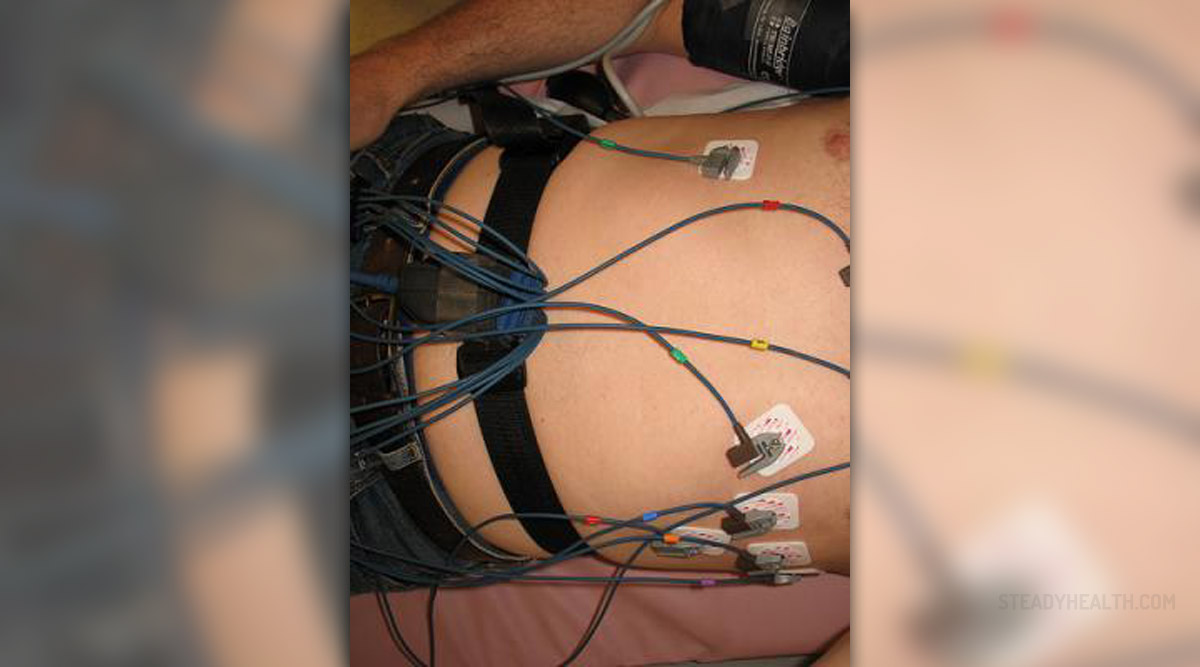
A trial fibrillation is the name used for the situation when theheart rate is not standard and the heart beats quickly thus causing theinsufficient blood supply to the body. All this happens because the heart’s twoupper chambers, which are called atria, are not in the coordination with theheart’s two lower chambers that are called the ventricles. A trial fibrillationcan cause breathlessness, weakness, heart palpitation, fatigue andstroke. A trial fibrillation can be occasional, also known as paroxysmal atriafibrillation, or chronic. It is recommended to treat it on time, and to visitthe doctor when the symptoms appear, because otherwise it can lead to someserious complications.
Usually the person does not notice the symptoms of atriafibrillation before physical examination. But sometimes they appear and includeheart palpitation, weakness, fatigue, decreased blood pressure as well as chestpain, breathlessness, and confusion. Of all these symptoms, the most dangerousis the chest pain because it can be a sign of the heart attack. In atria fibrillationthe usual heart pounding ranges from 100 to 175 beats in a minute, while thenormal heart rate is 60 to 80 beats per minute.
A trial fibrillation usually occurs as a result of severalconditions such as high blood pressure, heart attack, previous heart operationas well as congenital heart defects. Abnormal heart valves, overactive thyroid,lung diseases, sleep apnea, and pneumonia are also some of the possible causesfor the occurrence of atria fibrillation. Using some medications or excessiveconsumption of coffee and alcohol can have negative influence on this disorder.
Lone atria fibrillation is the state when the person who suffersfrom this kind of disease does not have any damage of the heart. In thiscondition, the cause is not established and this type of atria fibrillation isthe mildest and usually without further complications. The milder form of atriafibrillation is called heart flutter. It is slower and has the same symptoms,causes, complications, and concerns as atria fibrillation. There are caseswhen atria fibrillation causes serious and life-threatening complications. Oneof them is a stroke. During the atria fibrillation, blood clots can be formed in atria, and they can betransported through the bloodstream to the brain thus causing a stroke. Usuallya stroke appears in older people and in those who suffer from diabetes, highblood pressure, previous heart failure or stroke. In this case, somemedications such as blood thinners can be very effective and canhelp. Another complication which can occur as a result of atriafibrillation is a heart failure, because in this case the heart becomes weakerand cannot pump enough blood which is necessary to the body.


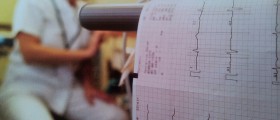

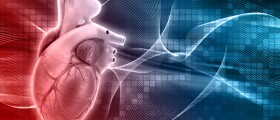


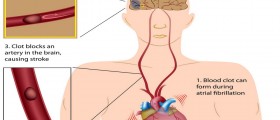
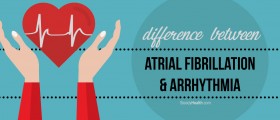




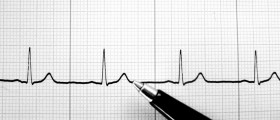
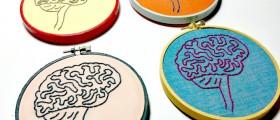
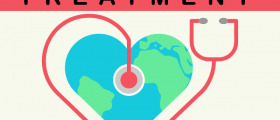
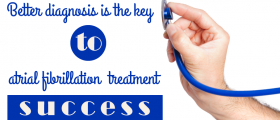
Your thoughts on this
Loading...